Climate Change and Adaptation
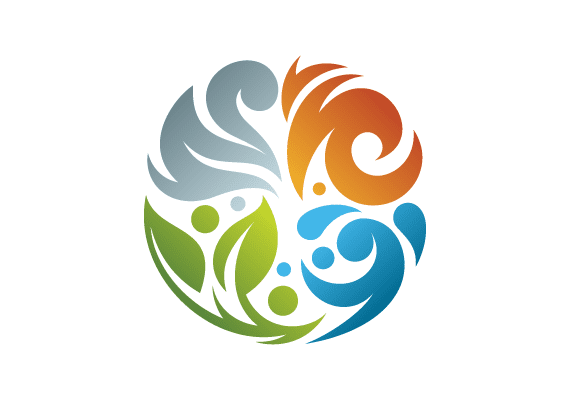

Topical Collection on Climate Change and Adaptation
Climate change will profoundly affect water systems and the long-term sustainability of local, regional, national, and global water resources. The purpose of this topical collection is to capture the current state of research on how water systems can be affected by climate change — especially any critical vulnerabilities — and to present assessments of adaptation and mitigation strategies. Research in this collection guides water utilities on what they can do now and in the future to best serve their communities in a changing climate.
Topical Collection Articles
AWWA Water Science
Climate Change Impacts and Adaptation for Water Distribution Systems: Physical, Hydraulic, and Water Quality Integrity
(November/December 2025)
Interface of Weather and Climate: The Great Midwest Flood of 2008
(September/October 2025)
Selection and Use of GCM Projections in Planning for Future Water Supply (May/June 2025)
Robustness and Related Concepts for Climate adaptation in Drinking Water Treatment Systems (January/February 2025)
Building resilience for an uncertain drinking water future (November/December 2023)
Assessing treatability with simulated lake drawdown: Quantifying drought-driven turbidity in source water (July/August 2022)
Sustainability assessment of strategic asset management decisions on municipal water infrastructure systems: Framework and application (July/August 2022)
Optimum tank size for large rainwater harvesting system (March/April 2022)
Leveraging risk and data analytics for sustainable management of buried water infrastructure (March/April 2022)
Effective well management using the J100 framework and methodology (September/October 2021)
Urban evaporative consumptive use for water-scarce cities in the United States and Mexico (September/October 2020)
Statistical estimates of water savings from landscape transformation programs (January/February 2020)
Laboratory simulation of postfire effects on conventional drinking water treatment and disinfection byproduct formation (September/October 2019)
Rainwater harvesting potential in a semiarid Southern California city (January/February 2019)
Journal AWWA
Adaptive Planning: A Resilience Model for Communities (July/August 2023)
Mitigating Wildland Interface Fires for Water Utilities (May 2023)
EPA Spearheads Water Reuse for Climate-Resilient Infrastructure (April 2023)
Adapting to a Changing Climate: EPA’s Climate Resilience Evaluation and Awareness Tool (December 2022)
A Climate Action Plan for the California Department of Water Resources (December 2022)
Collaborate to Protect Vital Source Waters and Mitigate Climate Change (March 2022)
Reduce Utility Greenhouse Gas Emissions to Mitigate Climate Change (December 2021)
Improving Urban Water Resilience (November 2021)
City of Hamilton Signs Climate Change Emergency Declaration, Reduces Energy Consumption in Water System (November 2020)
Climate Change Connects the Insurance Industry, Bond Rating Agencies, and Water Utilities (April 2020)
Opflow
City of Phoenix Booster Pump Station Improves Drought Resiliency (January/February 2025)
Utility Staff Mount a Heroic Response to an Urban Wildfire (December 2023)
Alaska Treatment Plant Tackles Climate Change, Treatment Challenges (October 2023)
Rebuilding a Water Treatment Plant for Operations Resilience and Climate Variability (May 2023)
Strengthen Climate Resilience (September 2022)
Effective Training Improves Disaster Response (January/February 2022)
Emergency Water Facility Upgrades Prevent Sediment Overload After Wildfire (September 2021)
Mitigate Wildfire Impacts on Drinking Water Quality and Operations (June 2021)
Source Water Monitoring Prepares Utilities for Changing Conditions (June 2020)
Smoke and Water Don’t Mix (March 2020)
Guest Editors
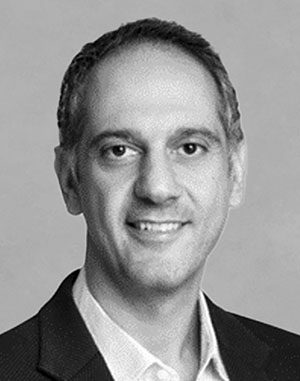
Ali Alavi
Subsector Lead, Stantec
Read Bio

Fred Bloetscher
Associate Dean, Florida Atlantic University
Read Bio
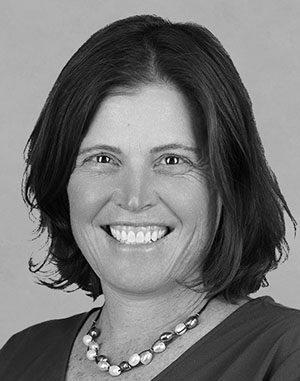
Elisa Garvey
Vice President, Carollo Engineers
Read Bio
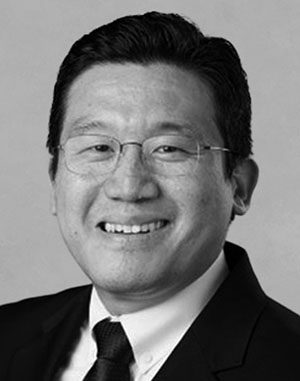
Juneseok Lee
Associate Professor in Civil & Environmental Engineering, Manhattan College
Read Bio
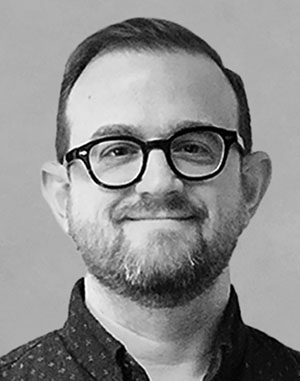
Josh Weiss
Department of Environmental Health and Engineering, Johns Hopkins University
Read Bio
Submissions
We are no longer accepting submissions for this topical collection. The collection will publish shortly. If you have additional material to submit to AWWA Water Science, submit at our platform below.
For submission requirements and other journal policies, please refer to the Author Guidelines.
Submit a Manuscript

Advertisement
